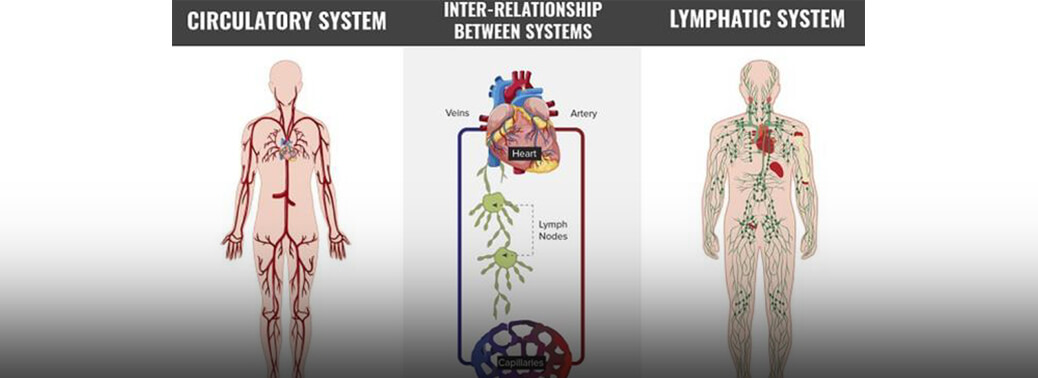CASES OF MEASLES SHOWS ALARMING RISE-WHO
21, Apr 2019

Prelims level : Science and Tech
Mains level : GS-III Technology, Economic Development, Environment, and disaster Management
Why in News:
- A team of researchers from the National Institute of Biomedical Genomics, Kalyani, West Bengal, has found Biomarkers for lymph node metastasis in oral cancer.
Background:
- By looking out for five biomarkers, it is now possible to tell in advance if a person with oral cancer of the gum and cheek has lymph node metastasis even before surgery is undertaken, a study has found.
- The ability to correctly predict absence/presence of lymph node metastasis in oral cancer patients is 80-90% based on the five biomarkers, a team led by Partha Majumder from the National Institute of Biomedical Genomics, Kalyani, West Bengal, has found.
- As a result, an oral cancer patient can be spared of a neck dissection to investigate if the cancer has spread to the lymph nodes in case the five biomarkers are absent. Lymph node dissection increases morbidity.
- However, if the patient tests positive for even one biomarker then an aggressive treatment would be required. An oral cancer patient with cancer spread to the lymph node has a 50% lower chance of survival for five years or more compared with patients in whom it has not spread to the lymph node.
Five Genomic Biomarkers:
- The team found that lymph node metastasis was associated with five genomic biomarkers. The results were published in International Journal of Cancer.
- There are five genomic features or biomarkers of lymph node metastasis in oral cancer patients. Two of these are rare, heritable DNA changes in BRCA2 and FAT1 genes. The remaining three are non-heritable (somatic) DNA alterations. The somatic DNA alterations can occur in genes belonging to three different pathways — mitotic G2/M cell-cycle pathway, homologous recombination (HR) and non-homologous end joining (NHEJ) DNA- repair pathways.
About:
- Full name: The term biomarker is short for biological marker.
- Meaning: It generally refers to a measurable indicator of some biological state or condition. Biomarkers are often measured and evaluated to examine normal biological processes, pathogenic processes, or pharmacologic responses to a therapeutic intervention.
Application:
- Biochemical biomarkers are often used in clinical trials, where they are derived from bodily fluids that are easily available to the early phase researchers.
- They are also used in pre-clinical work to identify compounds that appear to modulate disease in in vivo models and therefore might be tried in human clinicaltrials.
Disease-related biomarkers give an indication of the probable effect of treatment on patients.






